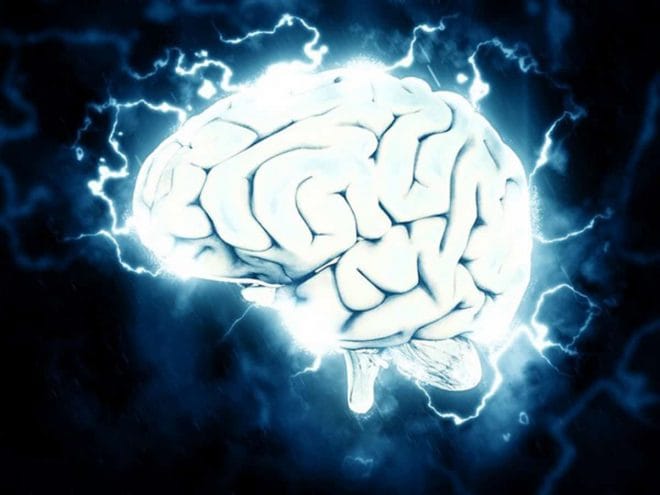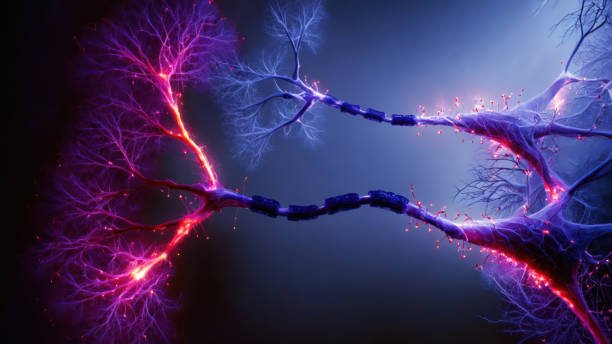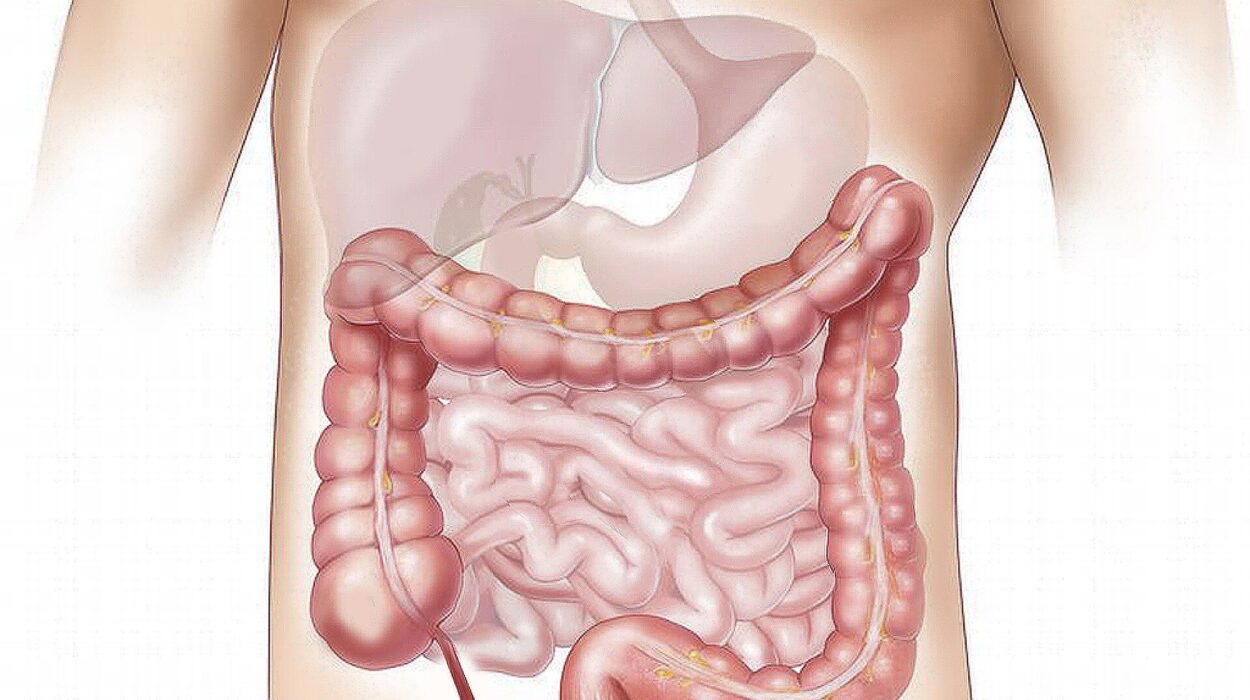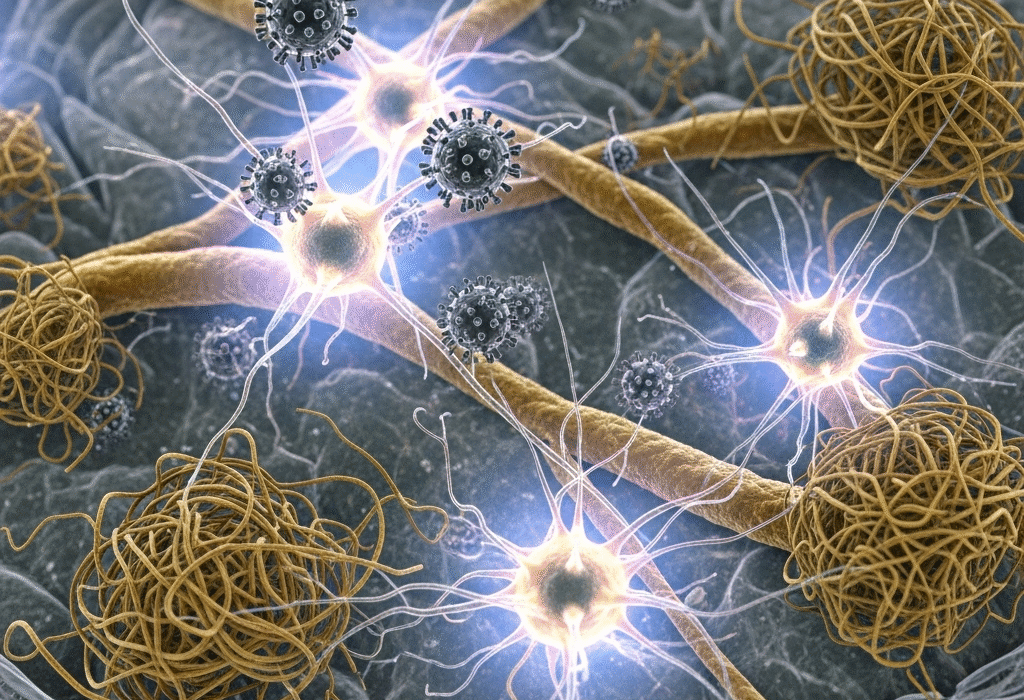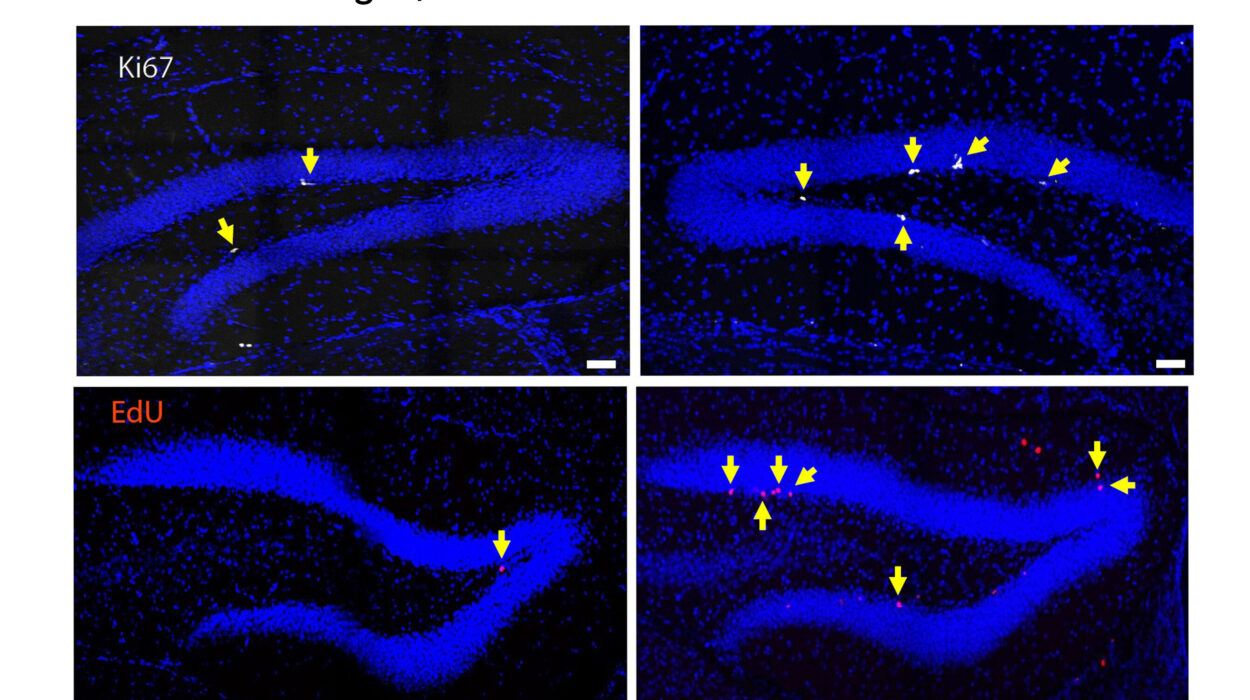The human body is one of the most intelligent machines ever created. It breathes without being asked, heals when hurt, and constantly processes millions of signals to keep you alive. But what’s truly fascinating is its subtle and complex way of communicating with you. It doesn’t use words, yet it speaks all the time—through sensations, reactions, discomforts, and changes. Many of these signs might appear trivial, even ordinary, but some are early warning systems designed to catch your attention before bigger problems arise.
Unfortunately, in the hustle of modern life, we often tune out or dismiss these signals. A headache is blamed on stress. Fatigue is chalked up to a busy schedule. A sudden pain is seen as a temporary nuisance. But sometimes, these are your body’s cries for help, whispering before it screams. Learning to listen to this language might save your life.
Persistent Fatigue: When Tired Isn’t Just Tired
Feeling exhausted after a long day is natural. But when that fatigue becomes a constant companion—lingering even after a full night’s rest—it’s time to pay attention. Chronic tiredness can be your body waving a red flag about underlying issues. It might point to anemia, thyroid dysfunction, depression, diabetes, or even heart disease.
Sometimes, fatigue is caused by sleep apnea, where breathing pauses during sleep, robbing the body of rest without you even realizing it. You might wake up feeling like you’ve barely slept, even after eight hours in bed. Persistent fatigue can also be a side effect of nutritional deficiencies, especially iron, vitamin B12, and vitamin D.
Your body’s energy meter doesn’t lie. When it’s running on empty despite your best efforts, it’s signaling that something deeper is wrong.
Unexplained Weight Loss: When Less Isn’t More
Losing weight without trying might sound like a dream come true in a world obsessed with fitness, but when pounds start to vanish without diet or exercise changes, your body could be trying to alert you to something serious. Unexplained weight loss can be associated with cancer, chronic infections, hyperthyroidism, or gastrointestinal disorders.
For diabetics or pre-diabetics, sudden weight loss can indicate that the body is unable to properly use glucose, forcing it to burn fat and muscle for energy. In older adults, it may suggest malabsorption or even early stages of dementia where eating patterns begin to shift.
When your body sheds weight without permission, it’s not a celebration—it’s a mystery that demands investigation.
Sudden or Severe Headaches: Beyond Everyday Pain
Headaches are common, but when they hit suddenly, intensely, or feel different from your usual patterns, it’s time to listen closely. The body rarely throws such painful surprises without a reason.
A sudden “thunderclap” headache that comes on in seconds could indicate a brain aneurysm or bleeding in the brain—conditions that require immediate medical attention. Headaches accompanied by nausea, vision changes, or difficulty speaking may also point to stroke, especially if they arise with dizziness or weakness on one side of the body.
Migraine sufferers know their patterns well. But when that pattern shifts, the body is trying to communicate. It could be a reaction to a new medication, an emerging neurological issue, or even the early sign of a tumor. Ignoring your body’s siren could prove costly.
Changes in Bowel Habits: Messages from the Gut
The digestive system is often the first place that systemic health issues show up. While it may not be the most glamorous part of the body, the gut is a powerful communicator. A sudden shift in bowel habits—such as chronic constipation, frequent diarrhea, narrow stools, or the presence of blood—should never be ignored.
Persistent constipation can point to dehydration, low fiber intake, or even colorectal cancer. Diarrhea may be your body’s attempt to rid itself of an infection or signal a deeper problem like inflammatory bowel disease or malabsorption.
Blood in your stool can be alarming, and rightly so. While it could be hemorrhoids, it could also be a sign of ulcers or colon cancer. Your gut is your second brain—treat its messages with the respect they deserve.
Chest Discomfort: Not Just a Heart Attack
When most people think of chest pain, they think of heart attacks. And rightly so—chest discomfort is a classic warning sign. But it’s not always dramatic. Sometimes it feels like pressure, tightness, or a dull ache that radiates to the arms, back, or jaw.
Women, in particular, may experience more subtle symptoms of heart trouble: shortness of breath, nausea, fatigue, or light-headedness. If you’re experiencing unusual sensations in the chest, especially if they’re accompanied by exertion or stress, your body could be alerting you to a cardiac issue that needs immediate evaluation.
Not all chest discomfort is heart-related. It could stem from acid reflux, muscular strain, or anxiety. But the only way to know for sure is to listen to your body and seek professional help.
Skin Changes: Your Outer Warning Light
Your skin is the body’s largest organ, and it often serves as a visual representation of internal health. New moles, changes in existing ones, rashes, or unexplained bruises can all be signals of deeper issues.
A mole that changes in size, shape, or color could indicate melanoma, a serious form of skin cancer. Persistent itching or yellowing of the skin may suggest liver problems. Rashes that spread or don’t heal could point to autoimmune diseases or infections.
Dry, flaky skin might seem like a cosmetic issue, but it can indicate thyroid issues or even chronic dehydration. Don’t just treat your skin with creams—treat it with curiosity. It may be trying to tell you what’s going on inside.
Mental Fog and Memory Lapses: Signals from the Mind
Occasional forgetfulness is human, but frequent memory lapses, trouble focusing, or confusion are serious signs. Your brain, like your heart and liver, can experience distress, and cognitive changes can be among the earliest symptoms.
Mental fog could be linked to hormonal imbalances, nutritional deficiencies (especially B vitamins), sleep disorders, or mental health conditions like depression and anxiety. In some cases, they may signal neurodegenerative diseases such as Alzheimer’s or Parkinson’s.
The brain consumes about 20% of your body’s energy, so when other systems are out of balance, it often feels the impact first. Sluggish thinking isn’t laziness—it’s a clue. Pay attention.
Unusual Bleeding: Red Flags in Red
Bleeding from unusual places should never be shrugged off. Whether it’s coughing up blood, vomiting blood, or finding it in your urine or stool, these are signs that something is very wrong.
Coughing blood might indicate lung infection, tuberculosis, or lung cancer. Blood in vomit may suggest ulcers or gastrointestinal bleeding. Blood in urine could be a sign of urinary tract infection, kidney stones, or bladder cancer.
Your body isn’t supposed to leak blood casually. When it does, it’s speaking loud and clear. Ignoring it could cost more than your comfort.
Swelling and Puffiness: More Than Just Water Retention
Mild swelling in the feet after a long day isn’t unusual. But when swelling becomes consistent, painful, or shows up in unusual places like the abdomen, face, or hands, it’s a call for attention.
Edema—fluid buildup—can be a symptom of heart failure, kidney disease, liver dysfunction, or problems with the lymphatic system. Swelling in only one leg might point to a blood clot, which requires urgent care.
Bloating, too, can be a warning. When paired with sudden weight gain, loss of appetite, or pain, it may suggest ovarian cancer or liver problems. When your body swells, it’s not just expanding—it’s expressing.
Irregular Heartbeats and Palpitations: Your Heart’s Morse Code
Your heartbeat is your personal rhythm. You know its calm thuds during rest and its faster pace during excitement. But when it skips, flutters, or races for no reason, your body is tapping out a message.
Heart palpitations may be harmless—caused by stress, caffeine, or lack of sleep. But persistent arrhythmias could indicate atrial fibrillation or other cardiac issues that increase stroke risk.
Your heart works tirelessly. When it breaks its rhythm, it’s not playing jazz—it’s sending a warning. Don’t ignore its beat.
Frequent Infections or Slow Healing: Immune System Distress
Your immune system is your body’s silent guardian. When it’s working well, you barely notice. But if you find yourself getting sick often or your wounds take ages to heal, it may be under strain.
Frequent colds, persistent coughs, and lingering infections can suggest immune deficiency, diabetes, or even HIV. If small cuts don’t close up quickly or if bruises linger too long, you may have issues with circulation, blood sugar, or vitamin C levels.
Healing is one of the body’s superpowers. When it takes too long, your body is raising its hand, asking you to investigate.
Numbness or Tingling: When Limbs Go Silent
We’ve all experienced a hand or leg “falling asleep,” but when numbness or tingling becomes frequent, persistent, or localized, it might be a sign of nerve damage, poor circulation, or a neurological disorder.
Tingling in both feet could indicate diabetes-related neuropathy. One-sided numbness might be a mini-stroke or multiple sclerosis. If these sensations come with muscle weakness, balance issues, or slurred speech, the situation may be urgent.
Numbness is not absence—it’s a message that nerves are being ignored, compressed, or injured. Listen before silence becomes permanent.
Emotional Shifts and Mood Changes: Mental Health Speaks Too
Mental health isn’t separate from physical health—it’s deeply intertwined. When your moods shift dramatically, when joy disappears or irritability flares without cause, your brain chemistry might be in flux.
Sudden depression, anxiety, or apathy may not be “just stress.” It could be linked to hormonal imbalances, thyroid issues, chronic inflammation, or early signs of neurochemical disorders. Suicidal thoughts, in particular, are not just “bad moods”—they’re emergency signals that require urgent help.
Your emotions are messages too. Dismissing them as weakness or overreaction silences some of your body’s most powerful warnings.
Listening to Your Body: A Lifelong Relationship
Your body is your lifelong partner. It’s with you from birth until your last breath, whispering clues about your well-being. When it screams, it’s often too late. Learning to interpret its whispers—its subtle signs—is a skill worth developing.
You don’t need to panic at every symptom, but you should be curious, observant, and proactive. Keep a journal of changes. Ask questions. Seek professional advice when in doubt. The earlier you catch a problem, the easier it is to treat or manage.
Your body doesn’t complain for fun. It communicates for survival.
When in Doubt, Trust Your Instinct
Deep down, you often know when something feels “off.” That quiet voice—the one telling you that this pain isn’t normal, or that this lump wasn’t there before—is often right. You don’t have to know the diagnosis to know that something’s wrong. Trust that voice.
Medicine has advanced, but intuition remains one of your greatest tools. Combine your instincts with expert care and you’ll be far more equipped to handle health issues before they become crises.
You don’t have to be a doctor to be your body’s best advocate. You just have to listen.
Final Thoughts: Decoding the Signals
The body is a living language, and every ache, pain, bump, or whisper is part of its vocabulary. It doesn’t need to shout to be heard. It just needs your attention.
In a world where distraction is the norm and self-care is often pushed aside, tuning into your body’s messages is an act of self-respect. Whether it’s a flutter in your chest, a flicker of sadness, or a bruise that won’t go away, your body is speaking. The question is: are you listening?

